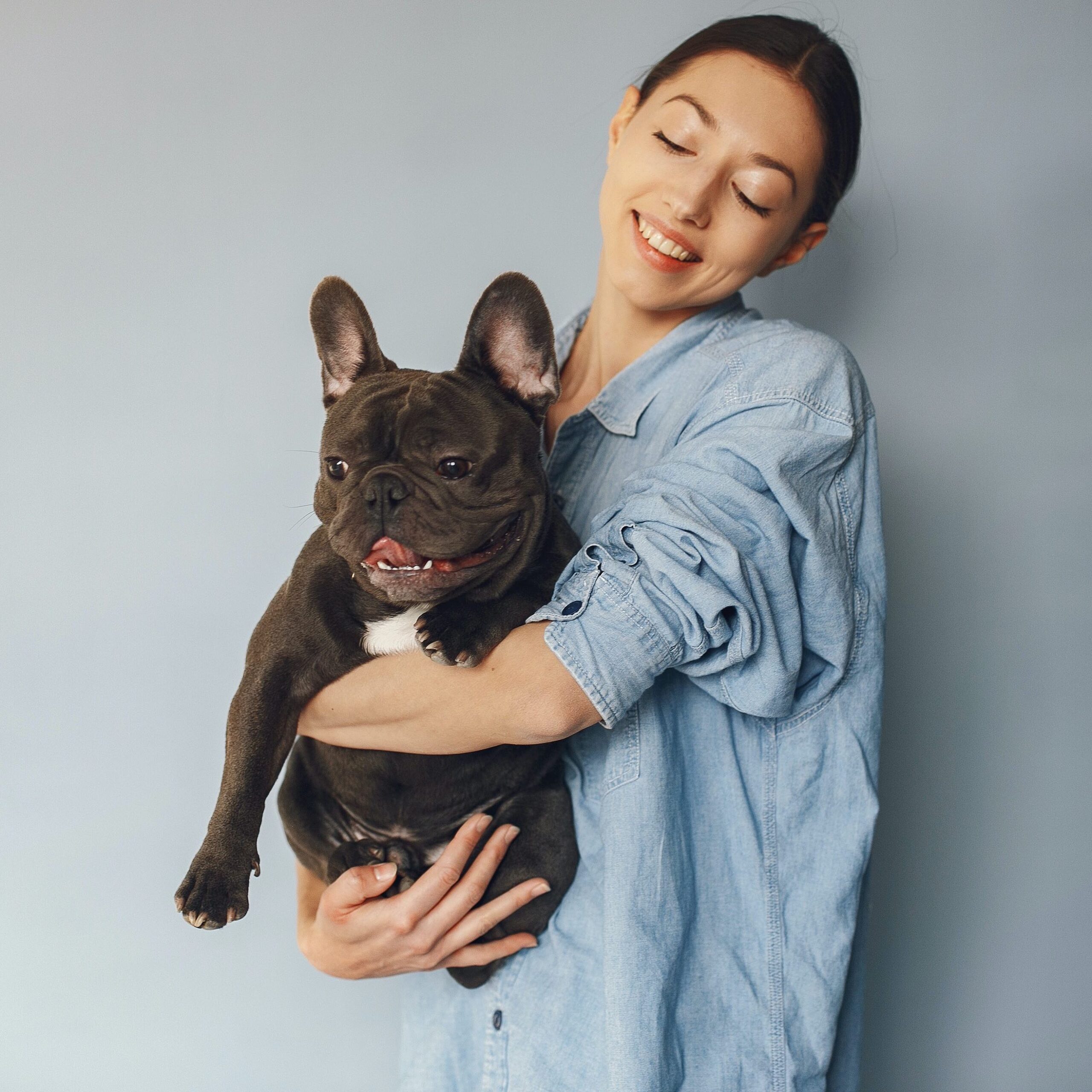Welcome, friend! Since you’re here, it’s probably safe to assume that you love animals. You are most likely either already a pet owner or looking to add a furry friend to your family. Either way, it’s clear that you want to give your pet the best. Regardless of how many furry critters you own at the moment, we’re proud of you for continuing to be a better pet-parent by the day!
While 2020 wasn’t a great year for people, our animals lived the dream of having their best friends around 24/7. With more people planning on transitioning back to the office in 2021, we will all be going through a bit of separation anxiety. But there’s no need to fret. You can still be the best pet-parent in 2021 with these simple, responsible owner tips.
Update your dog’s shots/vaccines
Like humans, animals get sick too. It’s very important to keep your pets up-to-date on all of their vaccines. This is especially true if you take your animals to a public space to play, such as a dog park, as your pet might accidentally ingest something that came from an unvaccinated animal. Additionally, if your 2020 vacation was pushed to 2021 and you cannot take your furry friend with you on your travels, you will be required to prove that your pet has current records on all shots before you can board him/her. As a responsible pet owner, you did your research, and you know that owning an animal can be a big undertaking financially. However, regular vaccine boosters cost way less in the long run and will help your best friend to live his/her best, healthiest, and longest life possible.
Keep up on oral health
Yes, your house pets need their teeth brushed regularly. Their wild counterparts have their own unique methods for keeping up on oral health, but your four-legged family members are relying on you to help them keep clean. The reality is that most owners don’t take proper care of their animals’ teeth and gums. Many pets have dental diseases by 2-3 years of age that can lead to swollen gums and even, in severe conditions, tooth loss. To prevent serious dental complications, brush your pet’s teeth at least two-three times a week and take them for a professional dental exam/cleaning once a year. As an added measure, we also recommend investing in toys that help to scrub your animals’ teeth during play.
Follow proper grooming protocols
Grooming needs vary depending on the animal, the breed, and the type of coat that your pet has. Luckily, the internet has hundreds of thousands of resources that you can use to find the best products, tools, and schedules for your specific animal. For example, a dog with an undercoat should never be shaved in the summer, even in the Texas heat, as the coat will never grow back the same. This means you will likely need to take your dog for multiple trims throughout the summer months.
Along with grooming, you will want to be cautious of how often you bathe your animal. As a general rule of thumb, you should bathe your pet once a month unless they seem unusually smelly or dirty. If you notice that regular baths are over-drying their skin, add more time between each bath.
By following proper grooming tips, you can reduce the chances of your animal getting an ear infection. For long-haired animals, do your best to keep the hair trimmed down around the ears. However, the best thing you can do to prevent ear infections is to help to keep moisture from getting into the ear canal. You can do this by using a cotton swab or cotton ball to dry out your pet’s ears after a bath or a swim. If your pet gets an ear infection, consult a professional, and ask for prevention tips specific to your critter’s situation.
Have a recovery plan
It’s common for pet owners to spay/neuter their animals. And while spaying/neutering is a common outpatient surgery for a vet, it is a big undertaking for your pet. This means that you will need to play an important role in the recovery process.
Once the pain and the medication subsides, your pet will want to go back to normal life. But you will need to check the incision twice a day, limit their activity, keep them on a temporarily reduced diet for 24-48 hours, watch for complications, and, in some cases, administer additional medication. Consult with your vet before scheduling the appointment to make sure that you can be around for the length of recovery and to ensure that you have all the tools that you will need to make the healing process comfortable. This includes purchasing any cones, medication, or ointments that might be needed, making sure you are aware of needed changes to your pet’s diet, and making any needed precautions/modifications in your home (i.e., blocking off stairs or keeping other animals at a distance).
Obey warning signs
Just as any good parent knows, you need to be attentive to your child’s needs and be prepared to take preventive action on any kind of warning sign. The same is true when it comes to our fur-babies. Possible signs that your animal might be getting sick include changes in personality, unexplained weight loss, elimination issues, loss of appetite, hair loss, itchy skin, or stiffness. If you see a consistent, worrisome behavioral change in your animal, contact your health care provider as soon as possible. It might be allergies or signs of aging but, it could also be something more serious. Here at ACE, we say better safe than sorry!
What are some of your other pet-friendly goals for 2021?

